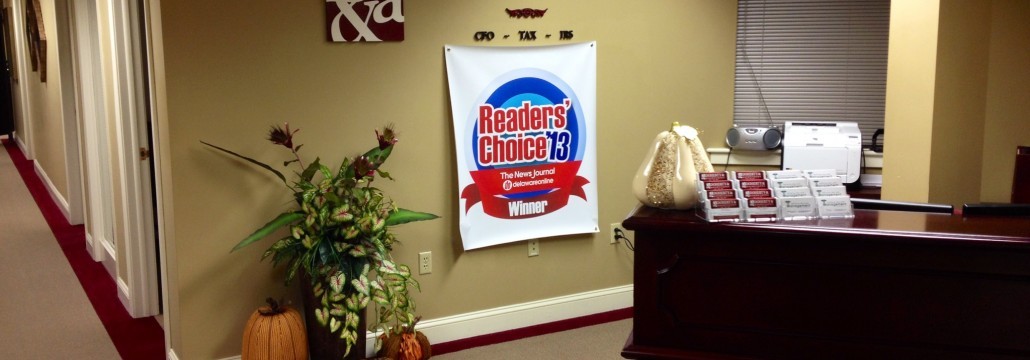Deducting Charitable Contributions
If you itemize deductions, you may deduct contributions of money or property made to the following types of organizations qualified under section 170(c) of the Internal Revenue Code:
- A state or United States possession, or the United States or the District of Columbia, if made exclusively for public purposes;
- A community chest, corporation, trust, fund, or foundation organized and operated exclusively for charitable, religious, educational, scientific, or literary purposes, or for the prevention of cruelty to children or animals;
- A church, synagogue, or other religious organization;
- A war veterans’ organization or its post, auxiliary, trust, or foundation organized in the United States or its possessions;
- A nonprofit volunteer fire company;
- A civil defense organization created under federal, state, or local law;
- A domestic fraternal society, operating under the lodge system, but only if the contribution is to be used exclusively for charitable purposes;
- A nonprofit cemetery company if the funds are irrevocably dedicated to the perpetual care of the cemetery as a whole and not a particular lot or mausoleum crypt.
Your deductions are generally limited to 50% of your adjusted gross income. Certain types of property donations and donations to certain organizations may be limited to 20% or 30% of adjusted gross income.
If you receive a benefit from your donation, for example a dinner, you can only deduct the amount that exceeds the value of the benefit received.
Records must be kept to prove the amount of contributions that you claim on your tax return. In order to substantiate a cash contribution, you must keep one of the following:
- A bank record that shows the name of the qualified organization, the date of the contribution, and the amount of the contribution.
- A receipt from the qualified organization showing the name of the organization, the date of the contribution, and the amount of the contribution.
- Payroll deduction records.
You can claim a deduction for a contribution of $250 or more only if you have an acknowledgment of your contribution from the qualified organization. If you made more than one contribution of $250 or more, you must have either a separate acknowledgment for each or one acknowledgment that lists each contribution and the date of each contribution and shows your total contributions.
For non-cash contributions, the record keeping requirements vary depending on the fair market value of the contribution. See IRS Publication 561 for more information.
As always, this is only meant as a brief overview. If you feel that we can be of further assistance to you, please contact our office to set up an appointment.
Email us at: [email protected]
Call us at: 302-239-3500
Visit our website: http://www.dohertyandassociates.com
– Doherty & Associates Team




Leave a Reply
Want to join the discussion?Feel free to contribute!